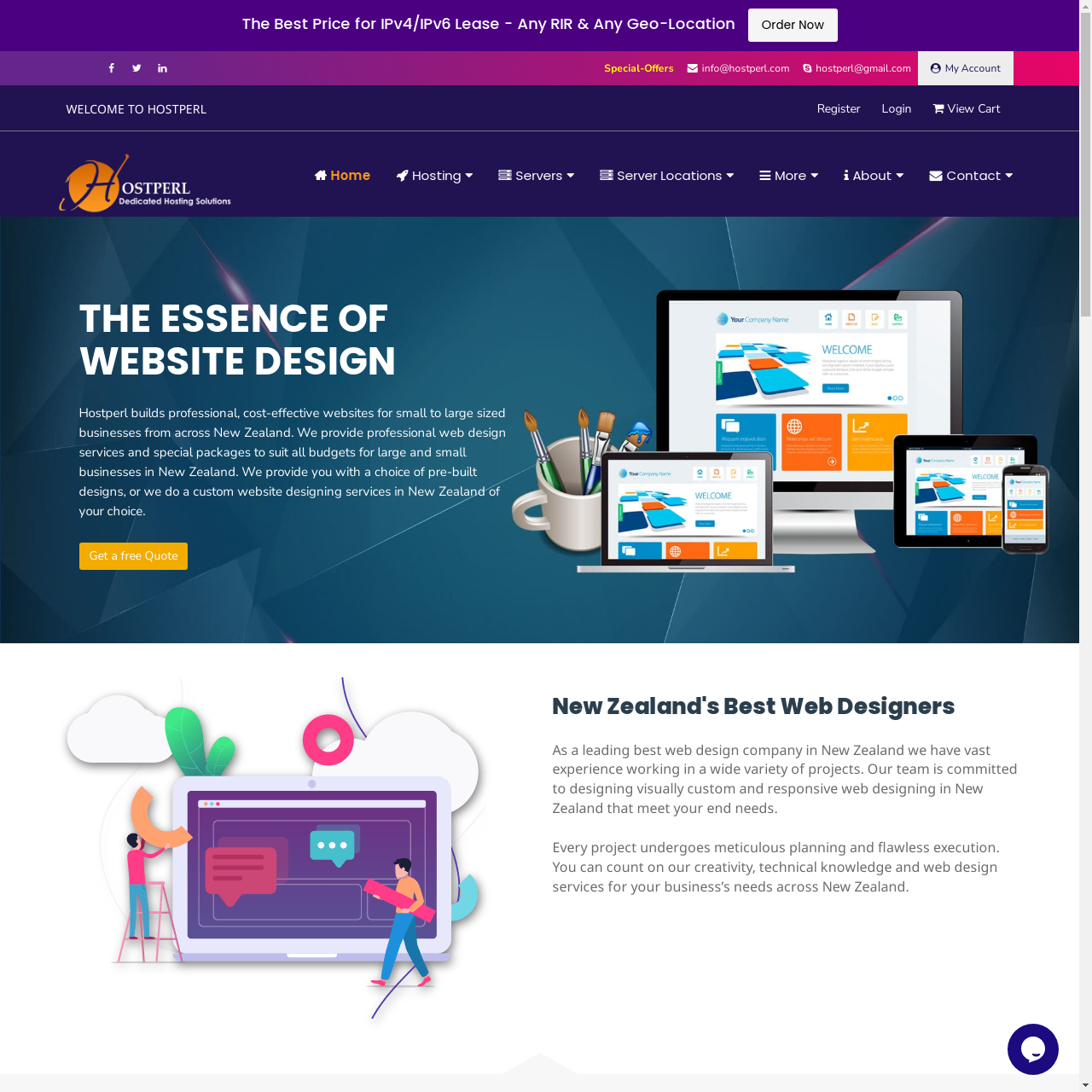05-29-2024, 04:42 AM
Coaching has evolved into a critical component of personal and professional development. It is a process that empowers individuals and teams to achieve their full potential by fostering self-awareness, enhancing performance, and facilitating goal achievement. Whether in the realm of sports, business, or personal growth, coaching is a multifaceted discipline that combines art and science to drive success.
The Essence of Coaching
At its core, coaching is a collaborative partnership between the coach and the coachee, where the coach provides guidance, support, and feedback to help the coachee reach their goals. Unlike mentoring, which often involves imparting wisdom from a more experienced individual, coaching focuses on unlocking the coachee’s potential by asking insightful questions and encouraging self-discovery.
Types of Coaching
Coaching can be broadly categorized into several types, each serving different purposes and contexts:
Life Coaching:
Focuses on personal development, helping individuals set and achieve personal goals, improve relationships, and enhance overall life satisfaction.
Executive Coaching:
Tailored for business leaders and executives, this type of coaching aims to enhance leadership skills, strategic thinking, and organizational performance.
Career Coaching:
Assists individuals in navigating their career paths, making informed career decisions, and achieving professional aspirations.
Performance Coaching:
Common in sports and business, this coaching type is geared towards improving specific skills and achieving peak performance.
Health and Wellness Coaching:
Helps individuals achieve their health and wellness goals, such as weight loss, stress management, and lifestyle changes.
The Science Behind Coaching
Effective coaching is grounded in several psychological theories and principles. Understanding these foundations helps coaches apply evidence-based techniques to facilitate growth and development.
Positive Psychology
Positive psychology, the scientific study of human flourishing, is a cornerstone of coaching. This field emphasizes strengths, virtues, and factors that contribute to a fulfilling life. Coaches often use positive psychology interventions, such as strengths assessments and gratitude exercises, to boost coachees’ well-being and motivation.
Goal-Setting Theory
Goal-setting is a fundamental aspect of coaching. According to Locke and Latham’s Goal-Setting Theory, specific and challenging goals lead to higher performance than vague or easy goals. Coaches help coachees set SMART goals (Specific, Measurable, Achievable, Relevant, Time-bound) and develop action plans to achieve them.
Self-Determination Theory
Self-Determination Theory (SDT) posits that individuals have innate psychological needs for autonomy, competence, and relatedness. Coaches who understand SDT can create a supportive environment that fosters intrinsic motivation and personal growth. By promoting autonomy and competence, coaches empower coachees to take ownership of their development.
Cognitive Behavioral Techniques
Cognitive Behavioral Techniques (CBT) are commonly used in coaching to address limiting beliefs and negative thought patterns. Coaches help coachees reframe their thoughts, challenge irrational beliefs, and develop healthier perspectives, leading to more effective behaviors and outcomes.
The Art of Coaching
While the science of coaching provides a foundation, the art of coaching lies in the coach’s ability to connect with the coachee, build trust, and tailor their approach to the individual’s unique needs and circumstances.
Building Rapport and Trust
A successful coaching relationship is built on trust and rapport. Coaches must demonstrate empathy, active listening, and genuine concern for the coachee’s well-being. By creating a safe and non-judgmental space, coaches encourage open communication and vulnerability.
Asking Powerful Questions
Effective coaching relies on asking powerful, open-ended questions that provoke thought and self-reflection. Questions such as “What does success look like for you?” or “What obstacles are standing in your way?” help coachees gain clarity and insight into their goals and challenges.
Providing Feedback and Accountability
Constructive feedback is essential for growth. Coaches provide honest and supportive feedback, highlighting strengths and areas for improvement. Additionally, coaches hold coachees accountable for their actions and commitments, ensuring they stay on track towards their goals.
Tailoring the Approach
Each coachee is unique, and a one-size-fits-all approach does not work in coaching. Skilled coaches adapt their methods to suit the coachee’s personality, preferences, and specific needs. This personalized approach enhances the effectiveness of the coaching process.
The Impact of Coaching
The benefits of coaching extend beyond individual growth to positively impact organizations and society as a whole.
Enhancing Individual Performance
Coaching helps individuals improve their skills, increase their self-awareness, and achieve their goals. As coachees gain confidence and competence, they are better equipped to handle challenges and seize opportunities.
Fostering Leadership and Team Development
In organizational settings, coaching enhances leadership capabilities and promotes team cohesion. Leaders who receive coaching are better able to inspire and motivate their teams, leading to improved organizational performance and employee satisfaction.
Driving Organizational Success
Organizations that invest in coaching create a culture of continuous learning and development. This culture fosters innovation, resilience, and adaptability, enabling organizations to thrive in a rapidly changing environment.
Promoting Well-Being
Coaching also contributes to overall well-being by helping individuals achieve a balance between personal and professional life. It addresses stress, burnout, and work-life integration, leading to healthier and more fulfilled individuals.
Conclusion
Coaching is a dynamic and transformative process that blends the art of human connection with the science of behavior change. By fostering self-awareness, enhancing performance, and facilitating goal achievement, coaching unlocks potential and drives success at individual, organizational, and societal levels. Whether in personal life, career, or leadership, the impact of coaching is profound, making it an invaluable tool for growth and development.
The Essence of Coaching
At its core, coaching is a collaborative partnership between the coach and the coachee, where the coach provides guidance, support, and feedback to help the coachee reach their goals. Unlike mentoring, which often involves imparting wisdom from a more experienced individual, coaching focuses on unlocking the coachee’s potential by asking insightful questions and encouraging self-discovery.
Types of Coaching
Coaching can be broadly categorized into several types, each serving different purposes and contexts:
Life Coaching:
Focuses on personal development, helping individuals set and achieve personal goals, improve relationships, and enhance overall life satisfaction.
Executive Coaching:
Tailored for business leaders and executives, this type of coaching aims to enhance leadership skills, strategic thinking, and organizational performance.
Career Coaching:
Assists individuals in navigating their career paths, making informed career decisions, and achieving professional aspirations.
Performance Coaching:
Common in sports and business, this coaching type is geared towards improving specific skills and achieving peak performance.
Health and Wellness Coaching:
Helps individuals achieve their health and wellness goals, such as weight loss, stress management, and lifestyle changes.
The Science Behind Coaching
Effective coaching is grounded in several psychological theories and principles. Understanding these foundations helps coaches apply evidence-based techniques to facilitate growth and development.
Positive Psychology
Positive psychology, the scientific study of human flourishing, is a cornerstone of coaching. This field emphasizes strengths, virtues, and factors that contribute to a fulfilling life. Coaches often use positive psychology interventions, such as strengths assessments and gratitude exercises, to boost coachees’ well-being and motivation.
Goal-Setting Theory
Goal-setting is a fundamental aspect of coaching. According to Locke and Latham’s Goal-Setting Theory, specific and challenging goals lead to higher performance than vague or easy goals. Coaches help coachees set SMART goals (Specific, Measurable, Achievable, Relevant, Time-bound) and develop action plans to achieve them.
Self-Determination Theory
Self-Determination Theory (SDT) posits that individuals have innate psychological needs for autonomy, competence, and relatedness. Coaches who understand SDT can create a supportive environment that fosters intrinsic motivation and personal growth. By promoting autonomy and competence, coaches empower coachees to take ownership of their development.
Cognitive Behavioral Techniques
Cognitive Behavioral Techniques (CBT) are commonly used in coaching to address limiting beliefs and negative thought patterns. Coaches help coachees reframe their thoughts, challenge irrational beliefs, and develop healthier perspectives, leading to more effective behaviors and outcomes.
The Art of Coaching
While the science of coaching provides a foundation, the art of coaching lies in the coach’s ability to connect with the coachee, build trust, and tailor their approach to the individual’s unique needs and circumstances.
Building Rapport and Trust
A successful coaching relationship is built on trust and rapport. Coaches must demonstrate empathy, active listening, and genuine concern for the coachee’s well-being. By creating a safe and non-judgmental space, coaches encourage open communication and vulnerability.
Asking Powerful Questions
Effective coaching relies on asking powerful, open-ended questions that provoke thought and self-reflection. Questions such as “What does success look like for you?” or “What obstacles are standing in your way?” help coachees gain clarity and insight into their goals and challenges.
Providing Feedback and Accountability
Constructive feedback is essential for growth. Coaches provide honest and supportive feedback, highlighting strengths and areas for improvement. Additionally, coaches hold coachees accountable for their actions and commitments, ensuring they stay on track towards their goals.
Tailoring the Approach
Each coachee is unique, and a one-size-fits-all approach does not work in coaching. Skilled coaches adapt their methods to suit the coachee’s personality, preferences, and specific needs. This personalized approach enhances the effectiveness of the coaching process.
The Impact of Coaching
The benefits of coaching extend beyond individual growth to positively impact organizations and society as a whole.
Enhancing Individual Performance
Coaching helps individuals improve their skills, increase their self-awareness, and achieve their goals. As coachees gain confidence and competence, they are better equipped to handle challenges and seize opportunities.
Fostering Leadership and Team Development
In organizational settings, coaching enhances leadership capabilities and promotes team cohesion. Leaders who receive coaching are better able to inspire and motivate their teams, leading to improved organizational performance and employee satisfaction.
Driving Organizational Success
Organizations that invest in coaching create a culture of continuous learning and development. This culture fosters innovation, resilience, and adaptability, enabling organizations to thrive in a rapidly changing environment.
Promoting Well-Being
Coaching also contributes to overall well-being by helping individuals achieve a balance between personal and professional life. It addresses stress, burnout, and work-life integration, leading to healthier and more fulfilled individuals.
Conclusion
Coaching is a dynamic and transformative process that blends the art of human connection with the science of behavior change. By fostering self-awareness, enhancing performance, and facilitating goal achievement, coaching unlocks potential and drives success at individual, organizational, and societal levels. Whether in personal life, career, or leadership, the impact of coaching is profound, making it an invaluable tool for growth and development.








